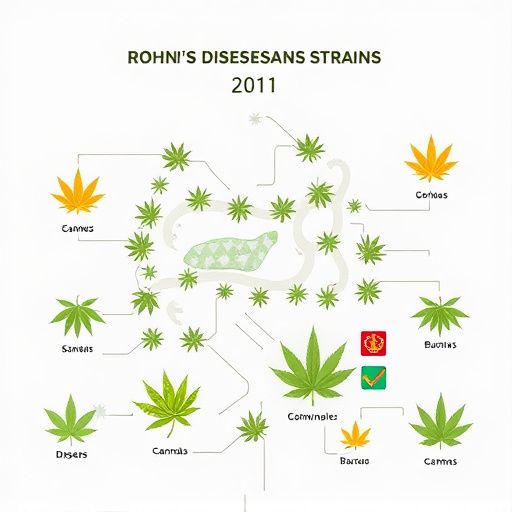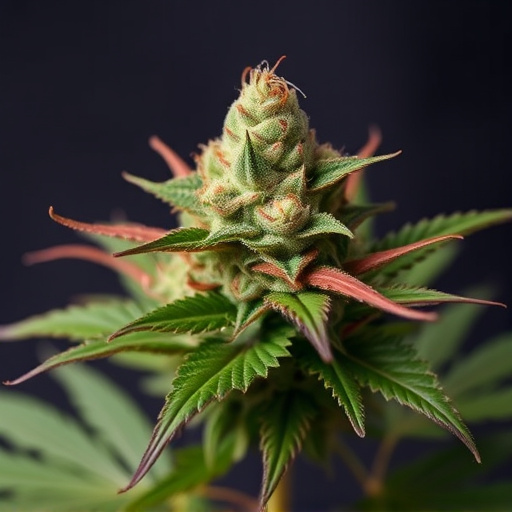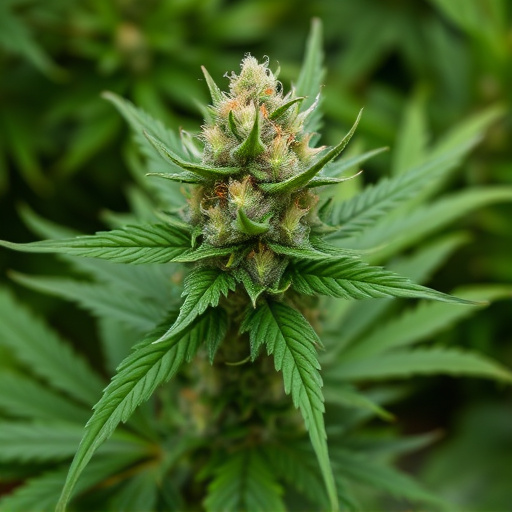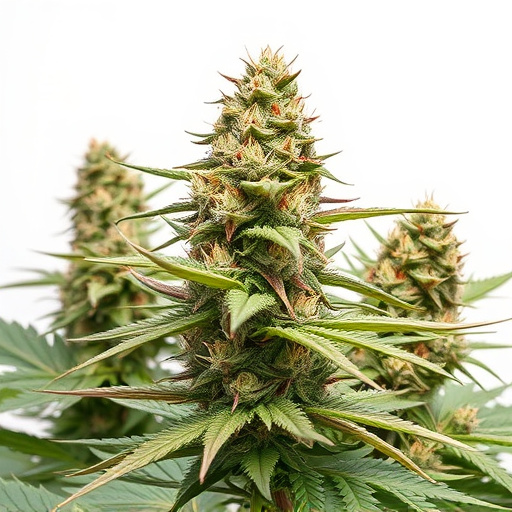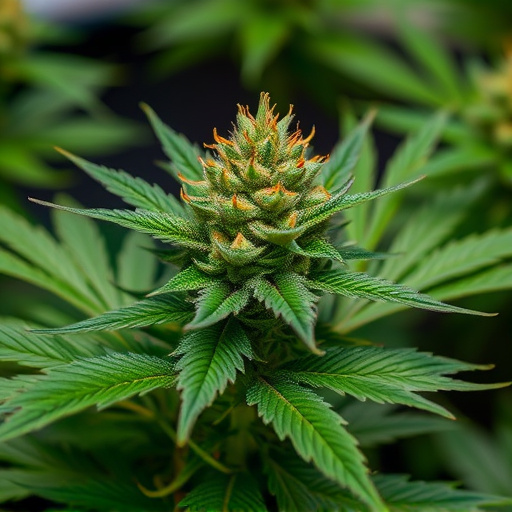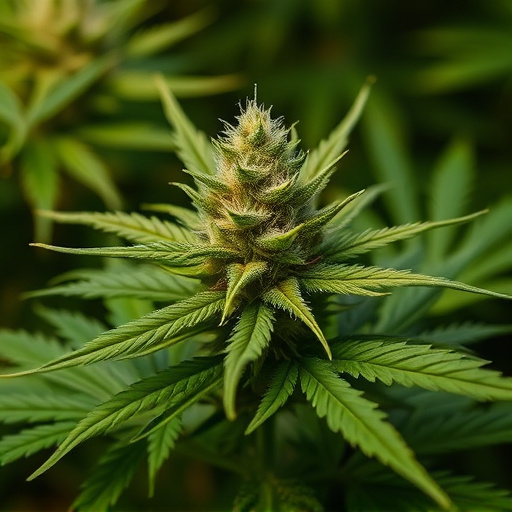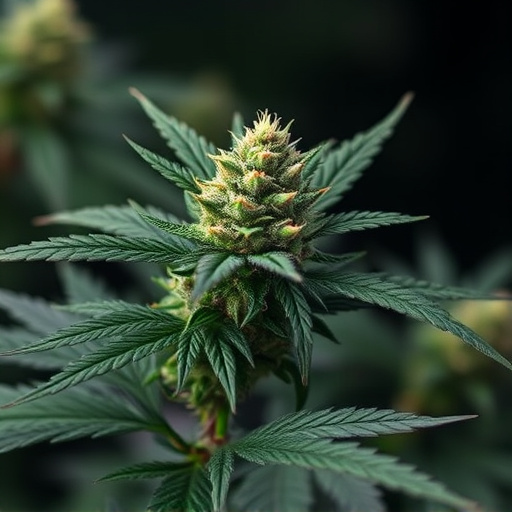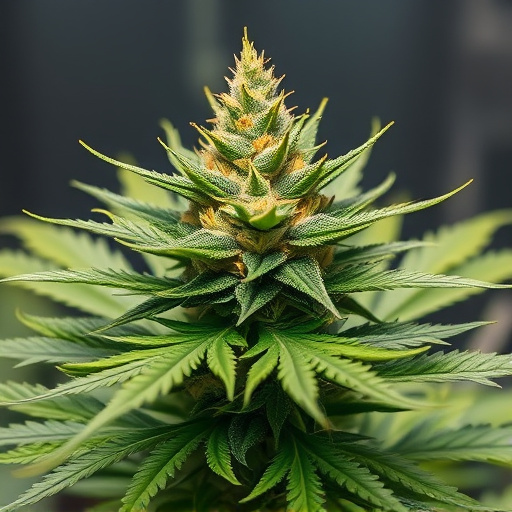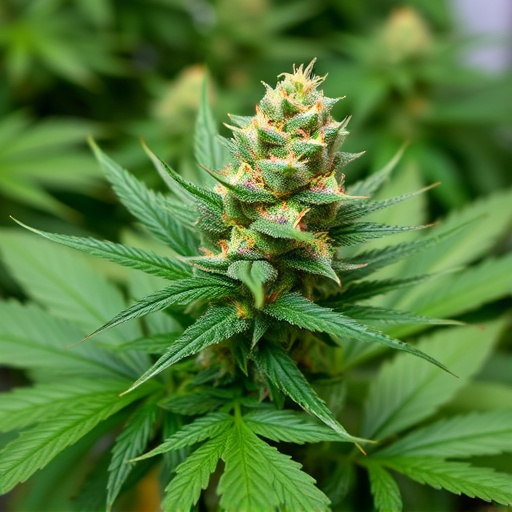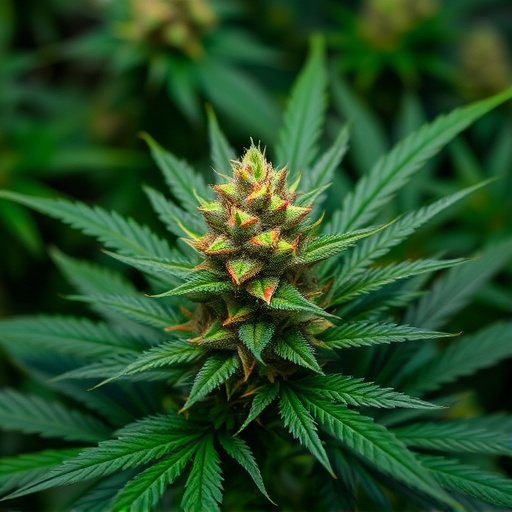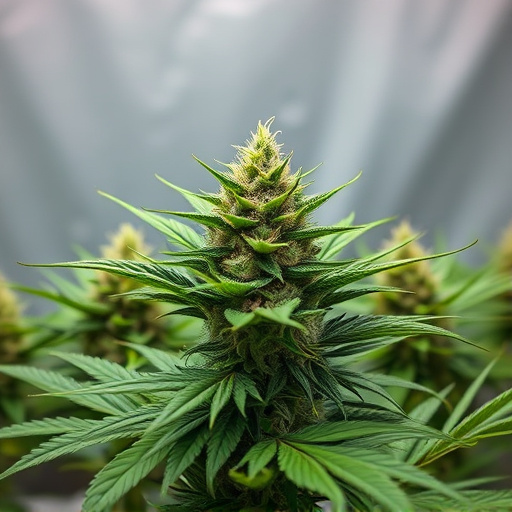High CBD cannabis strains are gaining attention for their potential to regulate hunger hormones ghrelin and leptin, crucial for maintaining a healthy weight. Unlike THC which stimulates appetite, CBD interacts with the endocannabinoid system to modulate eating behaviors and balance energy levels. Research suggests these strains could help manage conditions like obesity or eating disorders, offering an alternative approach to appetite regulation with ongoing studies aiming to enhance understanding of cannabinoid interactions for improved quality of life.
“Unraveling the relationship between THC and hunger hormones is a fascinating journey into the complexities of our appetite. This article explores how tetrahydrocannabinol (THC) influences these regulatory mechanisms, particularly in contrast to the calming effects of high CBD cannabis strains.
We’ll delve into the intricate world of hunger hormones, their role in appetite control, and how THC interacts with this system. Additionally, we’ll examine the potential benefits of high CBD cannabis as a natural alternative for managing hunger-related cues.”
- Understanding Hunger Hormones and Their Role in Appetite Regulation
- The Impact of THC on Hunger: A Complex Relationship
- High CBD Cannabis Strains and Their Potential Effect on Hunger Hormones
Understanding Hunger Hormones and Their Role in Appetite Regulation
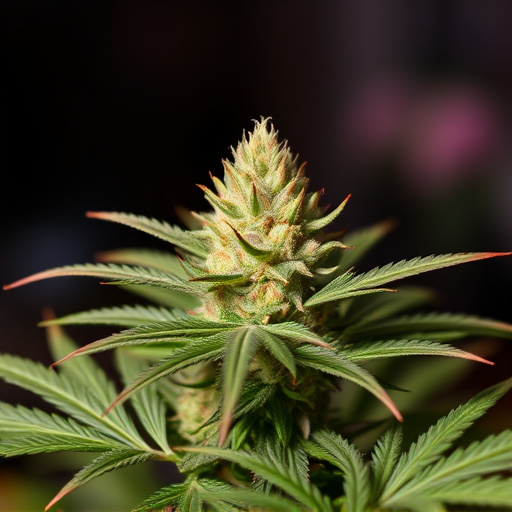
The human body has a complex system of hormones that regulate appetite and hunger, ensuring we consume enough food to sustain our bodies. Key players in this process include ghrelin, often referred to as the “hunger hormone,” which stimulates appetite, and leptin, known as the “satiety hormone,” which signals fullness. This delicate balance is crucial for maintaining a healthy weight and overall well-being.
High CBD cannabis strains have gained attention for their potential impact on these hunger hormones. Research suggests that cannabidiol (CBD), a non-psychoactive compound found in cannabis, may interact with the endocannabinoid system, which plays a role in regulating appetite. Some studies indicate that CBD could help reduce ghrelin levels, potentially leading to decreased hunger and food intake. This effect is particularly intriguing for individuals seeking alternative ways to manage appetite, especially those dealing with conditions like obesity or eating disorders.
The Impact of THC on Hunger: A Complex Relationship
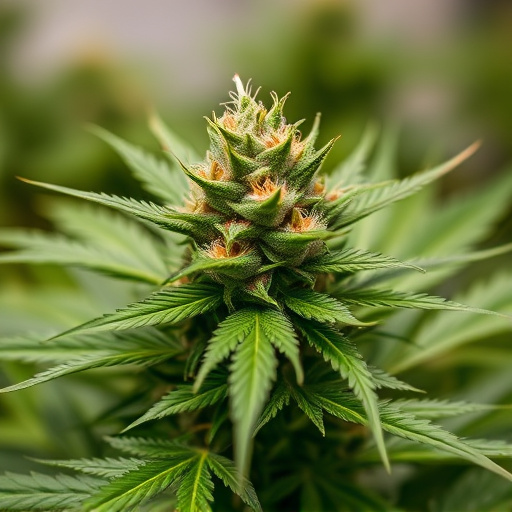
The relationship between THC (tetrahydrocannabinol), the primary psychoactive compound in cannabis, and hunger is complex and has been a subject of growing interest in the scientific community. While THC is often associated with increased appetite, leading many to consume high CBD cannabis strains for their potential to stimulate eating, research suggests a more nuanced picture.
THC interacts with the endocannabinoid system, which plays a significant role in regulating various physiological processes, including hunger and satiety. This interaction can lead to both immediate increases in appetite and long-term changes in food intake behavior. For some individuals, THC may trigger a strong desire to eat, often referred to as “the munchies.” This effect is particularly noticeable after consuming cannabis with high THC content. However, the impact on hunger hormones can vary widely among individuals, influenced by factors like tolerance, dose, and strain composition, including the levels of CBD (cannabidiol), known for its potential to balance some of THC’s effects.
High CBD Cannabis Strains and Their Potential Effect on Hunger Hormones
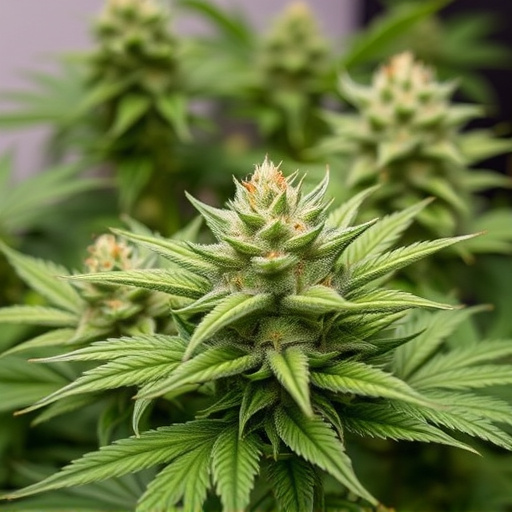
High CBD cannabis strains have gained popularity for their potential therapeutic benefits, and one area of interest is their effect on hunger hormones. Unlike THC (tetrahydrocannabinol), which is known to stimulate appetite, CBD (cannabidiol) has been studied for its ability to modulate various physiological processes, including hunger regulation. Research suggests that CBD interacts with the endocannabinoid system, which plays a significant role in controlling eating behaviors and maintaining energy balance. By influencing neurotransmitters and hormones involved in hunger cues, CBD might help suppress appetite and reduce overeating.
These high CBD strains could offer an alternative approach to managing hunger, particularly for individuals with conditions like obesity or anorexia nervosa. The subtle effects of CBD on hunger hormones make it a promising area of exploration in the field of cannabis research. As more studies are conducted, we can anticipate better understanding of how specific cannabinoids interact with our bodies, potentially leading to innovative treatments and improved quality of life for those seeking to manage their weight and eating habits.
THC’s influence on hunger hormones is a complex topic, with potential implications for both appetite regulation and dietary choices. While THC has been shown to impact certain hunger-related substances, research into its effects remains evolving. Interestingly, high CBD cannabis strains emerge as an intriguing alternative, offering potential benefits in managing appetite without the psychotropic effects of THC. Further studies are needed to explore the precise mechanisms and optimal applications of these compounds in relation to hunger hormones, highlighting the ongoing significance of researching natural solutions for dietary balance.
